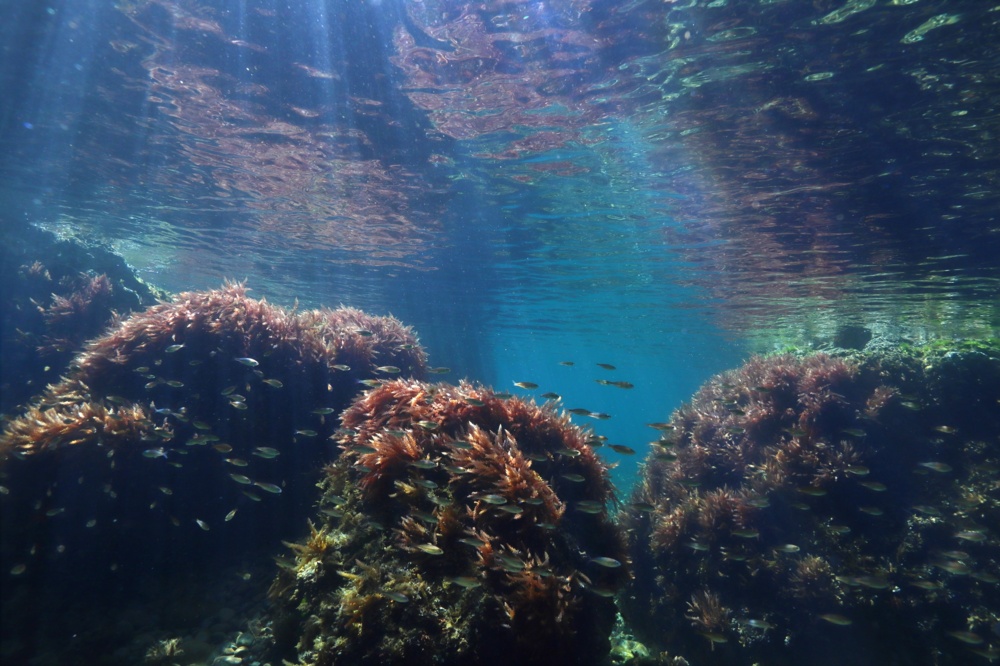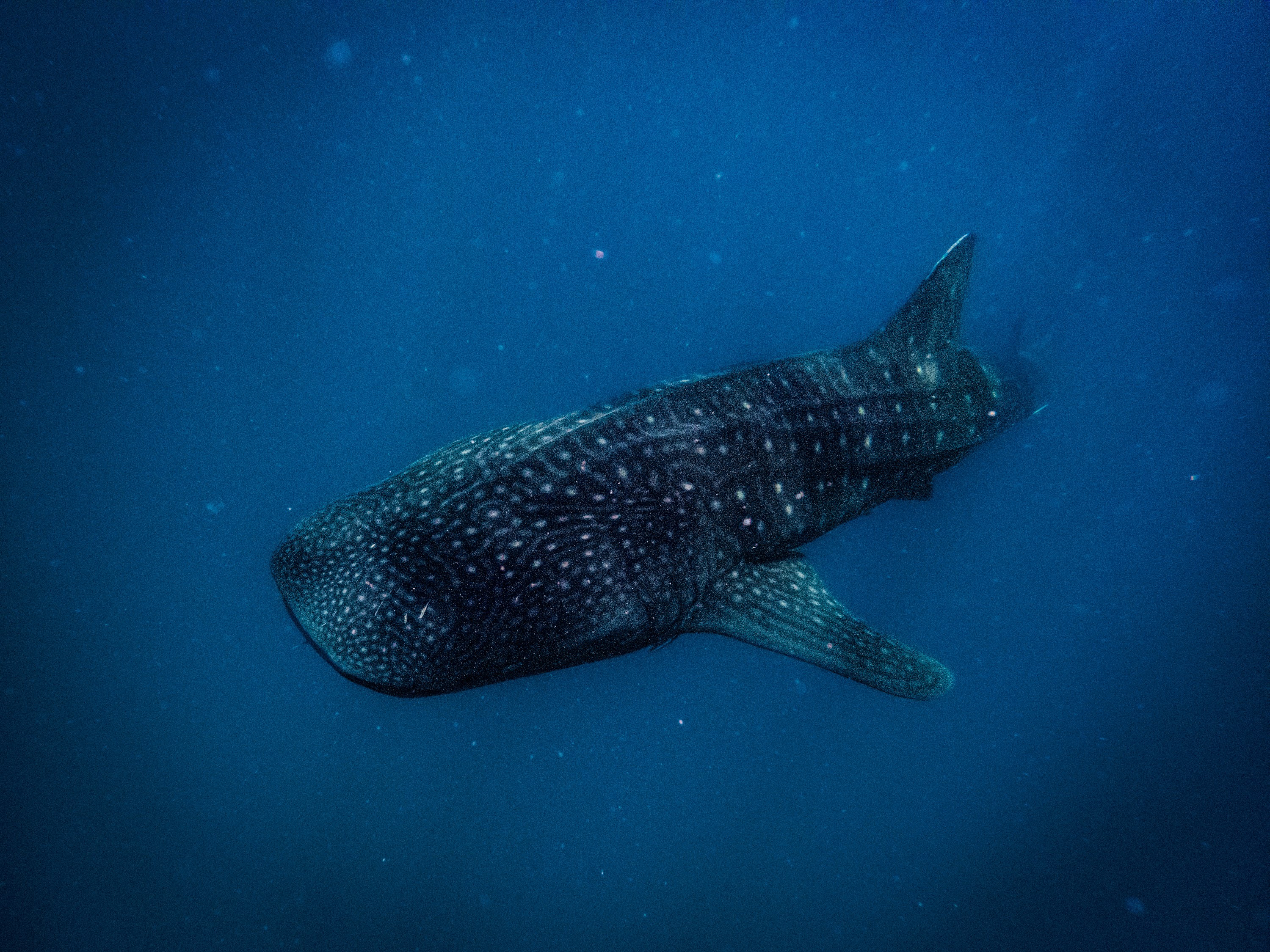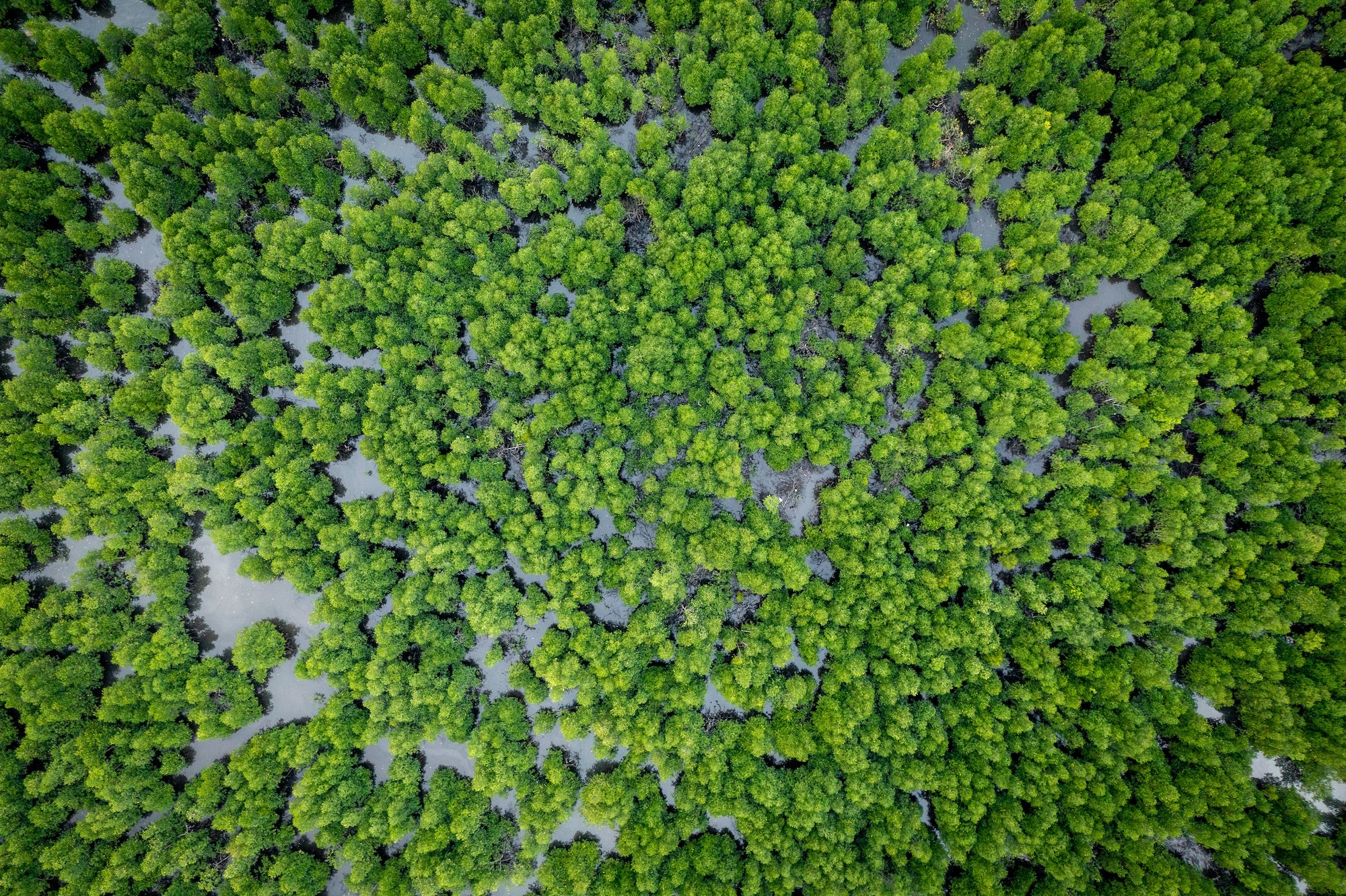
Environmental Justice Foundation and Défense des Milieux Aquatiques initiate legal action against French government for not prohibiting bottom trawling in marine protected areas
Photo credit: Arnaud Abadie
The Environmental Justice Foundation (EJF) and Défense des Milieux Aquatiques (DMA) today sent a formal request to the French government to prohibit bottom trawling, one of the most environmentally destructive fishing practices, in marine protected areas (MPAs). Allowing trawling to continue in these sites that harbour vulnerable protected habitats undermines the sites’ integrity and is contrary to French and European Union (EU) law. It also threatens the long-term sustainability of fisheries, say the NGOs.
Today, EJF and DMA sent a formal request to the French authorities which, if not acted upon, will be followed by legal action before French courts. The request targets the deterioration of marine habitats caused by bottom trawling in two MPAs, Chausey and Bancs des Flandres. Bottom trawling, a fishing method that involves dragging weighted nets across the seabed, is a major contributor to marine biodiversity loss. It causes long-term damage to seabed habitats and indiscriminately catches non-target species. Despite this, bottom trawling remains authorised and continues in 77% of French marine Natura 2000 sites, in breach of environmental legislation.
“While France has made significant commitments on paper, the reality is that destructive bottom trawling continues unchecked in many of its protected areas,” said Steve Trent, EJF CEO and Founder. “The laws are clear, and the science is unequivocal – bottom trawling is incompatible with marine protected areas. France must act now to ensure that these vital protections are more than lines on a map. These areas need to be truly protected, and that means an immediate halt to bottom trawling in them all.”
While the request focuses on two MPAs, the situation within these areas is representative of the government’s general failure to implement existing laws, the NGOs say. Prohibiting bottom trawling in MPAs is also about ensuring a sustainable future for fisheries, which ultimately rely on healthy oceans. The NGOs argue that allowing bottom trawling in protected areas directly contravenes this. Healthy habitats within and around MPAs are essential to support nearby fisheries.
“France and other EU Member States have the legal framework in place to protect their marine ecosystems. What’s missing are adequate measures to make it work in reality. We hope this legal action will spur the French government to take swift action to end destructive fishing in its protected areas”, said Philippe Garcia, President of DMA. “By respecting the law and ensuring a fair and equitable transition to more sustainable activities, France and other EU member states can keep the promises they've made both to their own citizens and to the international community.”
ENDS
Notes to editors
The formal request sent by the Environmental Justice Foundation (EJF) and Défense des Milieux Aquatiques (DMA) to the French government asks for adequate regulation of bottom trawling in Marine Protected Areas (MPAs), where they argue this practice threatens protected seabed habitats, in violation of both French and European Union (EU) law.
The Natura 2000 network of protected areas is designed to safeguard vulnerable habitats and species in the EU. EU law requires Member States to take action to maintain and restore protected habitats and species at a favourable conservation status. This includes obligations for Member States to prevent environmental damage, and to assess risks posed by human activities before authorising them within the sites.
The Natura 2000 sites Bancs des Flandres and Chausey, located in the English Channel, are designated for their unique sandbanks and maerl beds serving as crucial nurseries for marine life. Despite preservation requirements, an average of 53 bottom trawlers operated annually within Bancs des Flandres between 2021 and 2023, logging 4,582 hours of fishing per year. This activity continues despite a recognized risk of degradation and warnings from the OFB, the French nature protection agency. Similarly, the Chausey site has seen an average of 24 bottom trawlers per year, with 8,129 fishing hours annually during the same period, without any environmental impact assessment even though the risk of severe damage for its habitats is manifest.
According to the European Environment Agency, only 4% of Natura 2000 MPAs in Europe are subject to adequate fisheries management measures, despite clear legal requirements.
The request supports the EU Biodiversity Strategy for 2030 and the Kunming-Montreal Global Biodiversity Framework, which are intended to protect 30% of Europe’s maritime space by 2030. It also aims to bring France in line with the EU’s Marine Action Plan, which calls on Member States to ban mobile bottom fishing in all Natura 2000 sites that protect the seabed by March 2024 and phase it out in all MPAs by 2030.
EJF works internationally to inform policy and drive systemic, durable reforms to protect our environment and defend human rights. We investigate and expose abuses and support environmental defenders, Indigenous peoples, communities and independent journalists on the frontlines of environmental injustice. Our campaigns aim to secure peaceful, equitable and sustainable futures. Our investigators, researchers, filmmakers and campaigners work with grassroots partners and environmental defenders across the globe. Our work to secure environmental justice aims to protect our global climate, ocean, forests and wildlife and defend basic human rights. For more information, please contact media@ejfoundation.org.
DMA’s primary focus is to take legal action before French administrative courts to reduce pressures on aquatic environments. We fight in particular against the overexploitation of these ecosystems, for instance regarding migratory fish (salmon, shad, lamprey, eel), bottom trawling, the diversion of watercourses, or migratory birds. DMA has succeeded in shortening the bottom trawling season in the three-mile zone of Arcachon from 12 to 5 months, and later in excluding this fishing technique from marine protected areas along these shores. It is essential to build on this momentum to safeguard all marine protected areas, but also the entire three-mile zone. Our major project is to free this zone from all non-selective fishing gear, that is, from all nets. This is the ‘Golden Miles’ project, which has already been a reality for decades in the USA and other countries. For more information, please contact: maigre42@gmail.com.
SIGN UP FOR OUR EMAILS AND STAY UP TO DATE WITH EJF

